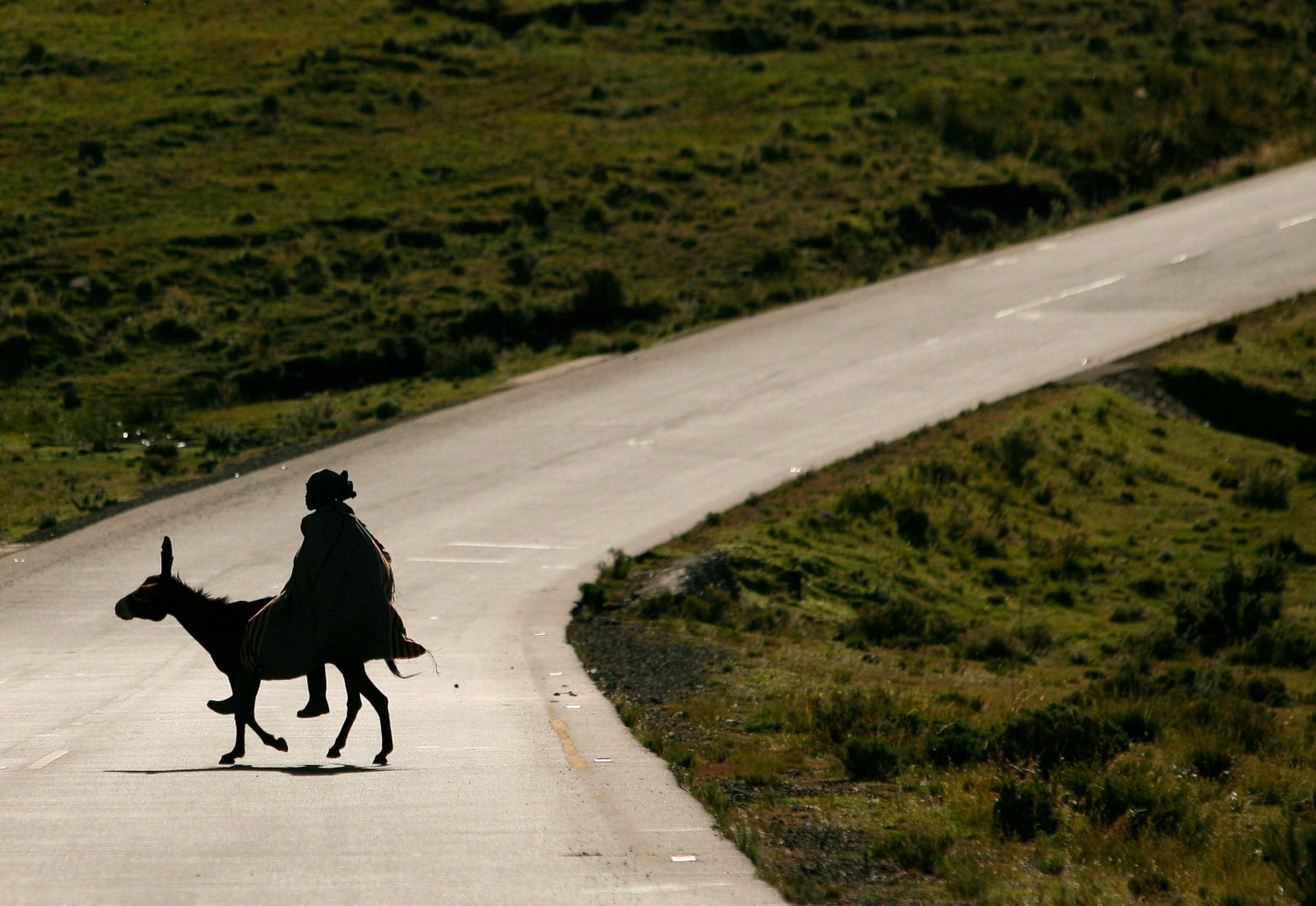African countries won’t need to worry about China’s demand for donkey hides, for now
China has a plan to address the ban on exports of donkey slaughter imposed by many African countries it was used to trading with: to boost the breeding of donkeys domestically.


China has a plan to address the ban on exports of donkey slaughter imposed by many African countries it was used to trading with: to boost the breeding of donkeys domestically.
Donkey hide has a high demand in China for its use in traditional Chinese medicine—ejiao—and, until recently, African countries with their rising donkey population had an answer to this demand. Ejiao is made using gelatin from donkey hides, and works as an anti-aging drug, an aphrodisiac, and a cure for insomnia—luxuries that a growing middle-class in China are beginning to be able to afford, thus increasing their demand.
Given the recent demand for donkey hides, China’s own donkey population has significantly dropped in recent years—going from 11 million donkeys just two decades ago to six million in 2014. This created an opportunity for markets in Africa to open up to the demand, in turn leading a crisis that was recently termed the “biggest crisis donkeys have ever faced.”
However, the demand from—and subsequent trade with—China soon led to thefts and smuggling of donkeys, leading Uganda, Tanzania, Botswana, Niger, Burkina Faso, Mali and Senegal to place a ban on donkey slaughter.
One exception was Kenya, who on the contrary opened three donkey export slaughterhouses in the last two years to tend to these demands. In light of these developments, donkey prices went up to $130 from $40 in the country, in turn putting a significant dent on rural economies where donkeys play a key role in livelihoods. Given this demand, traders in Kenya have also been smuggling donkeys from neighboring countries, such as Tanzania, thus rendering the slaughter ban in that country ineffective.
But that may be changing soon, according to Dong’e E’jiao, China’s largest manufacturer of donkey hide, that recently said they are working to domestically breed their donkeys. Their aim is to meet the demands by 2020, Dong’e E’jiao’s vice president Liu Guangyuan told Financial Times.
Meanwhile, another official at the company said even though the imports are moving away from Africa, they are beginning to explore options in Latin America, where Mexico and Peru hold potential for these products.